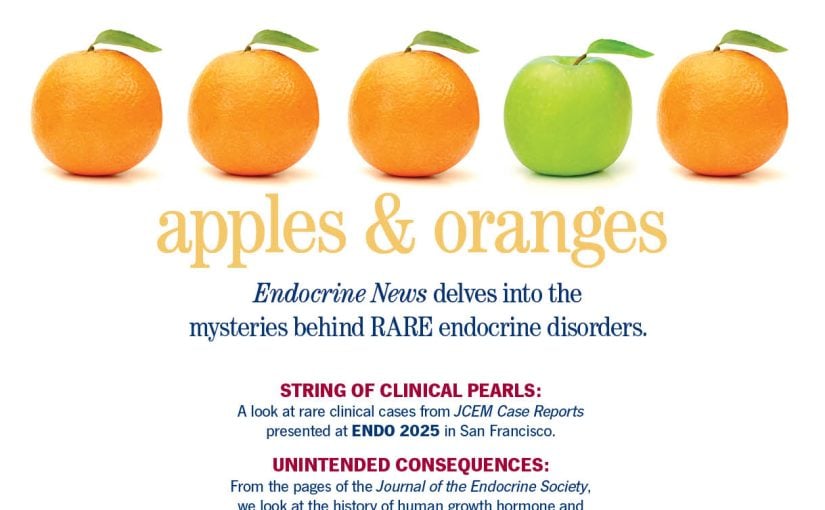The U.S. Environmental Protection Agency (EPA) issued a landmark regulation to set exposure limits for several per- and polyfluoroalkyl substances (PFAS) substances including PFOS and PFOAS found in drinking water.
The proposed regulation sets an aggressive limit for these PFAS and their mixtures and acknowledges effects at extremely low levels by proposing a health-based Maximum Contaminant Level Goal (MCGL) of zero. This is the first time the government has regulated a new chemical in drinking water in more than 30 years.
We are encouraged by the new regulation and hopeful that this will lead to safer drinking water for communities in the United States and support for additional research to understand the health impacts of these and other chemicals.
The Endocrine Society urged EPA to improve upon its draft rule in 2022 by including other PFAS (beyond PFOA and PFOS) in the final rule and consider low-dose effects by recognizing that there may be no safe level of exposure to these chemicals.
We are encouraged by the new regulation and hopeful that this will lead to safer drinking water for communities in the United States and support for additional research to understand the health impacts of these and other chemicals.

